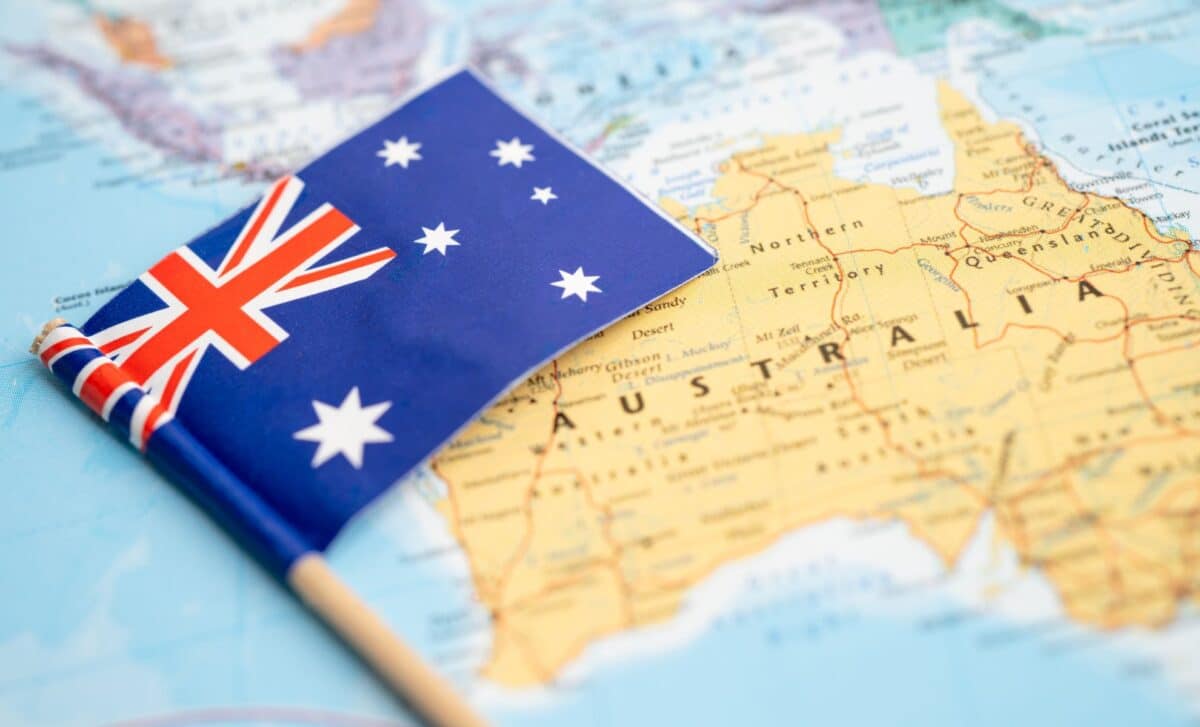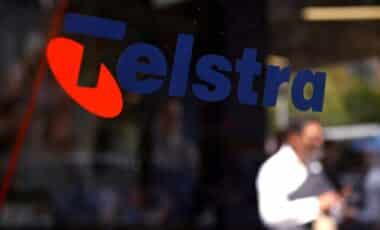As Australia ushers in the new financial year, a series of important changes are set to reshape the landscape for workers, pensioners, and everyday citizens.
From wage hikes to revamped parental leave and increased road fines, these adjustments reflect the government’s ongoing efforts to address the cost of living and provide greater support to vulnerable communities. Starting from 1 July, key reforms are being rolled out that could have wide-reaching implications for millions of Australians.
These updates are not just about numbers; they represent a shift in the nation’s approach to addressing financial inequality, improving public services, and enhancing personal safety. For the millions impacted, these changes mark a significant turning point in their everyday lives. Below, we delve into some of the most crucial updates you should know about.
Minimum Wage and Superannuation Guarantee
Starting from 1 July, Australian workers on the minimum wage will see an increase of 3.5%, translating to $24.95 per hour or $948 per week based on a 38-hour work week. This raise will impact approximately 2.6 million workers across the country, according to reports from government sources.
Alongside the wage increase, the superannuation guarantee will rise from 11.5% to 12%. This is the final step in a five-year series of increases intended to ensure that Australians retire with a sufficient nest egg.
Workers earning $100,000 annually, for example, will see an additional $125,000 in their superannuation by retirement. These changes aim to improve long-term financial security, particularly for younger workers.
Changes to Parental Leave and Road Rules
The Australian government is also making strides to support families, with paid parental leave increasing from 110 to 120 days, or 24 weeks. This extension, part of a broader strategy to increase parental leave progressively until it reaches 26 weeks by 2026, allows parents to claim leave up to three months before their child enters their care.
Meanwhile, road safety is set to improve with the introduction of AI-powered surveillance cameras. These cameras will monitor mobile phone use among drivers, providing an innovative way to tackle distracted driving.
Additionally, various state governments are introducing measures such as increased fines for not wearing seat belts, reduced speed limits in select areas, and tougher penalties for mobile phone use behind the wheel. These efforts reflect growing concerns over road safety and aim to reduce accidents caused by driver distractions.
Superannuation and pension reforms
A series of superannuation changes are set to take effect from 1 July, including the increase of the superannuation guarantee to 12%. This will require employers to pay a minimum of 12% to an employee’s superannuation fund.
Additionally, the thresholds for the income and asset tests for the age pension will increase by 2.4%, allowing pensioners to retain more assets while still receiving a full pension. These changes aim to ensure that pensioners are better supported, particularly as cost of living pressures continue to rise.
Skilled migration and tobacco reforms
From 1 July, skilled migration income thresholds will increase by 4.6%, impacting the Core Skills Income Threshold and the Temporary Skilled Migration Income Threshold. This is expected to create a more competitive and fair system for skilled workers.
The NSW and Victorian governments are also focusing on cracking down on tobacco use. New regulations, such as banning menthol cigarettes and standardizing packaging, will come into effect. In New South Wales, a tobacco licensing scheme will be introduced, and penalties will be enforced for any breaches.
Energy and student support
In other notable updates, a new program offering discounts on home battery systems will help households looking to install solar batteries. The 30% discount on the purchase and installation is designed to make energy storage more affordable, supporting the country’s transition to renewable energy.
For tertiary students, the government is introducing paid practical placements for those studying fields like teaching, nursing, midwifery, and social work. Eligible students will receive $319.50 per week while undertaking their placements, easing financial pressures during their studies.
Cost of living and healthcare
Lastly, the cost of life-saving treatments for cystic fibrosis has been significantly reduced. Under a new expansion of the Pharmaceutical Benefits Scheme, Australians living with rarer forms of the disease will now pay as little as $7.70 per script, offering a vital lifeline for those in need.
Across several states, cost of living measures will provide relief to residents. In South Australia, the price of a 28-day student pass on the MetroCard will be capped at $10, while Queensland will reintroduce rent and eligibility checks for all social housing tenants.
In Tasmania, water and sewage prices will increase by 3.5%, while the ACT will introduce a short-term rental accommodation levy.
ACT, MetroCard, and residential solar batteries
In the ACT, one of the notable reforms includes raising the minimum age of criminal responsibility from 10 to 14, starting 1 July. Additionally, the ACT government will introduce a short-term rental accommodation levy, and restructure its public service by merging directorates and creating new departments.
In South Australia, the price of a 28-day student pass on the MetroCard will be capped at $10, down from $28.60, making public transportation more affordable for students. Meanwhile, in Western Australia, reforms to solar energy include rebates of up to $3,800 for residential solar battery systems, aimed at making renewable energy more accessible for households.









